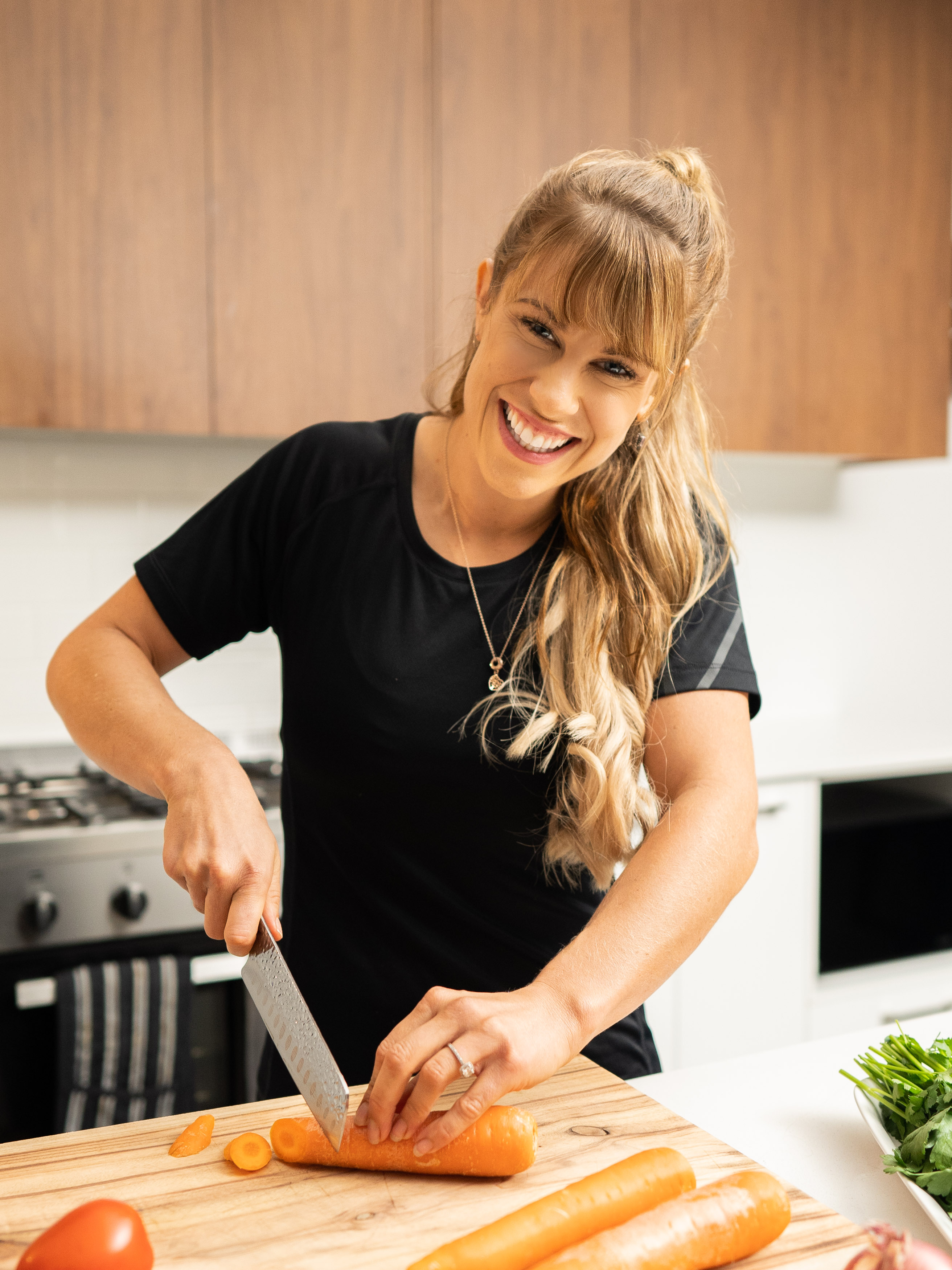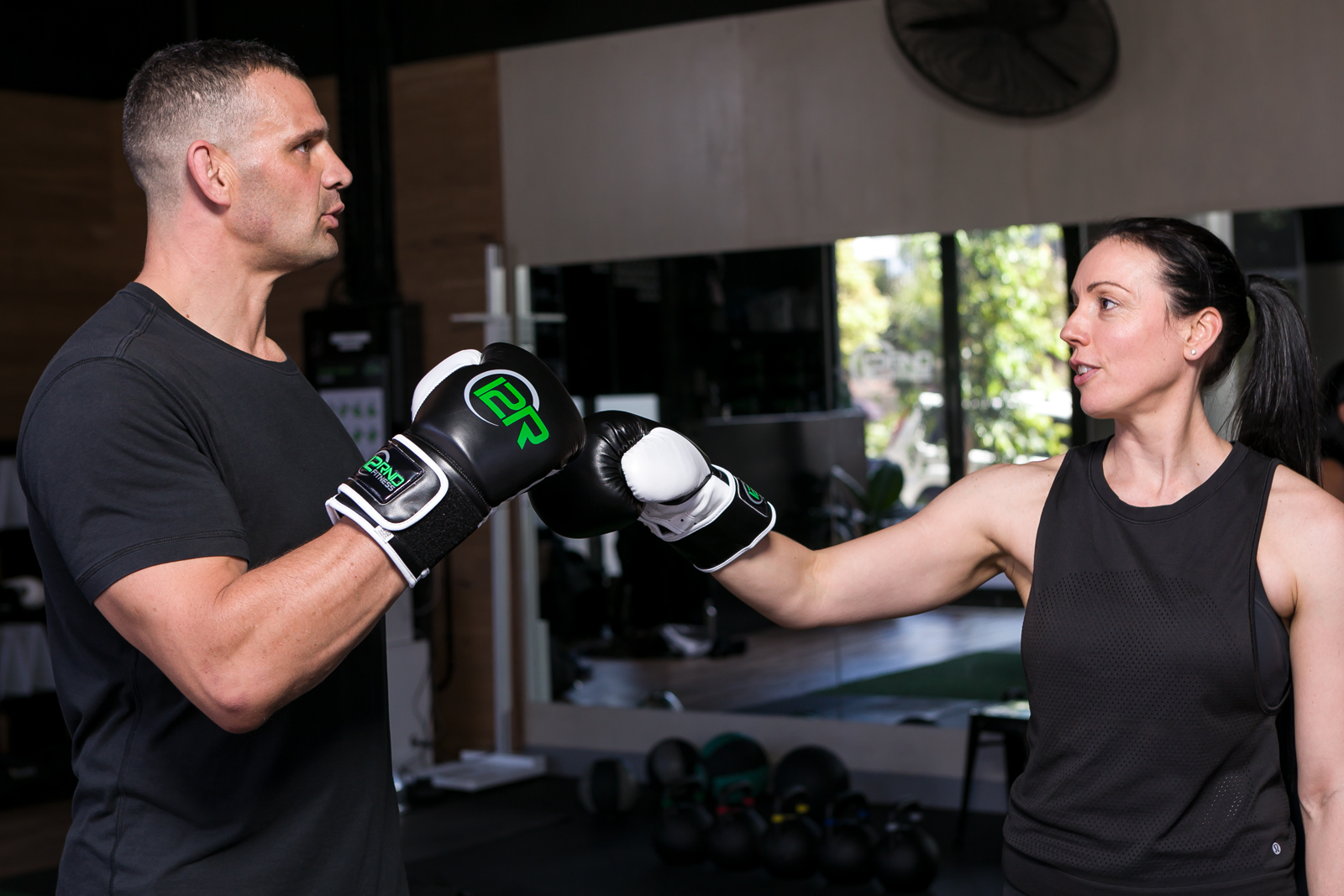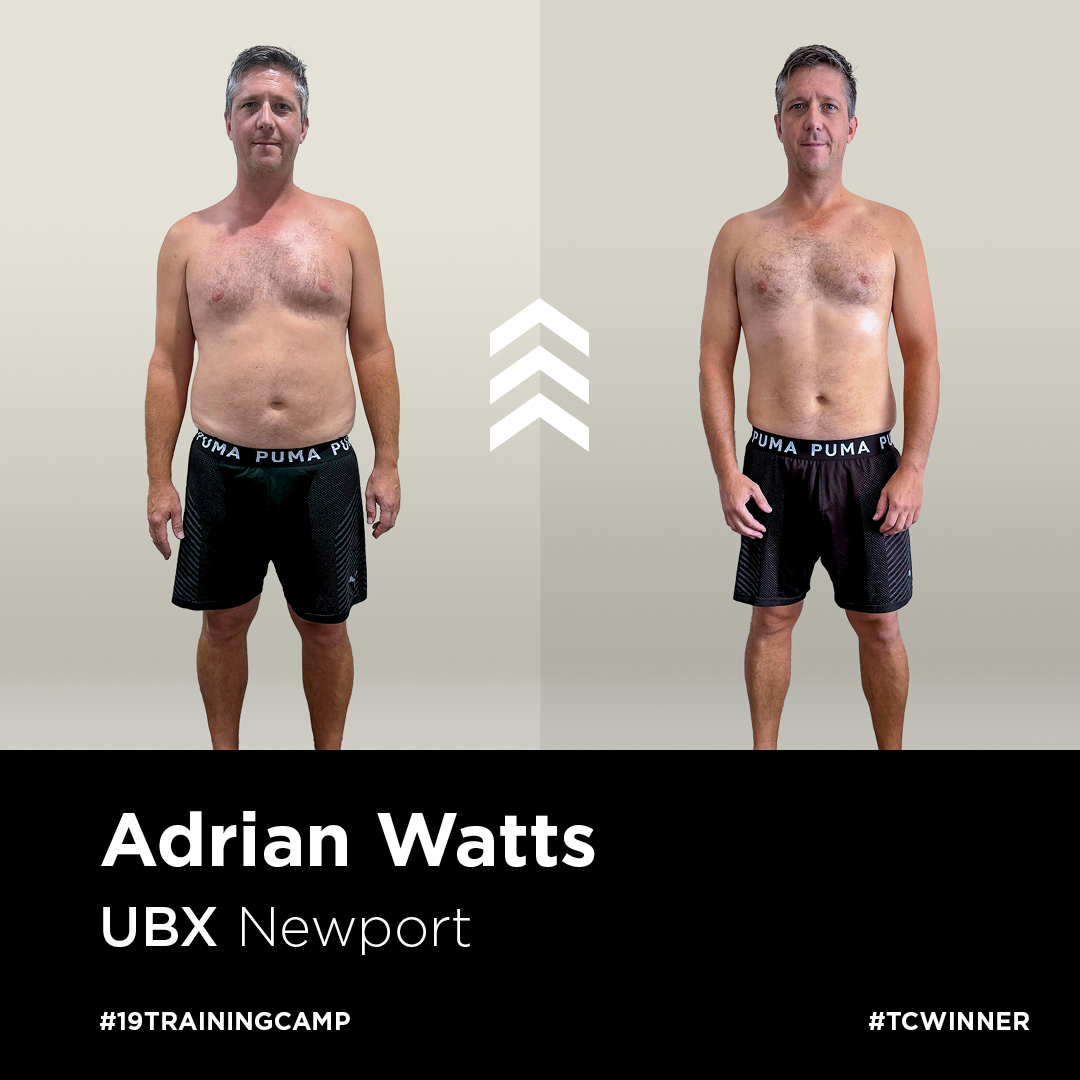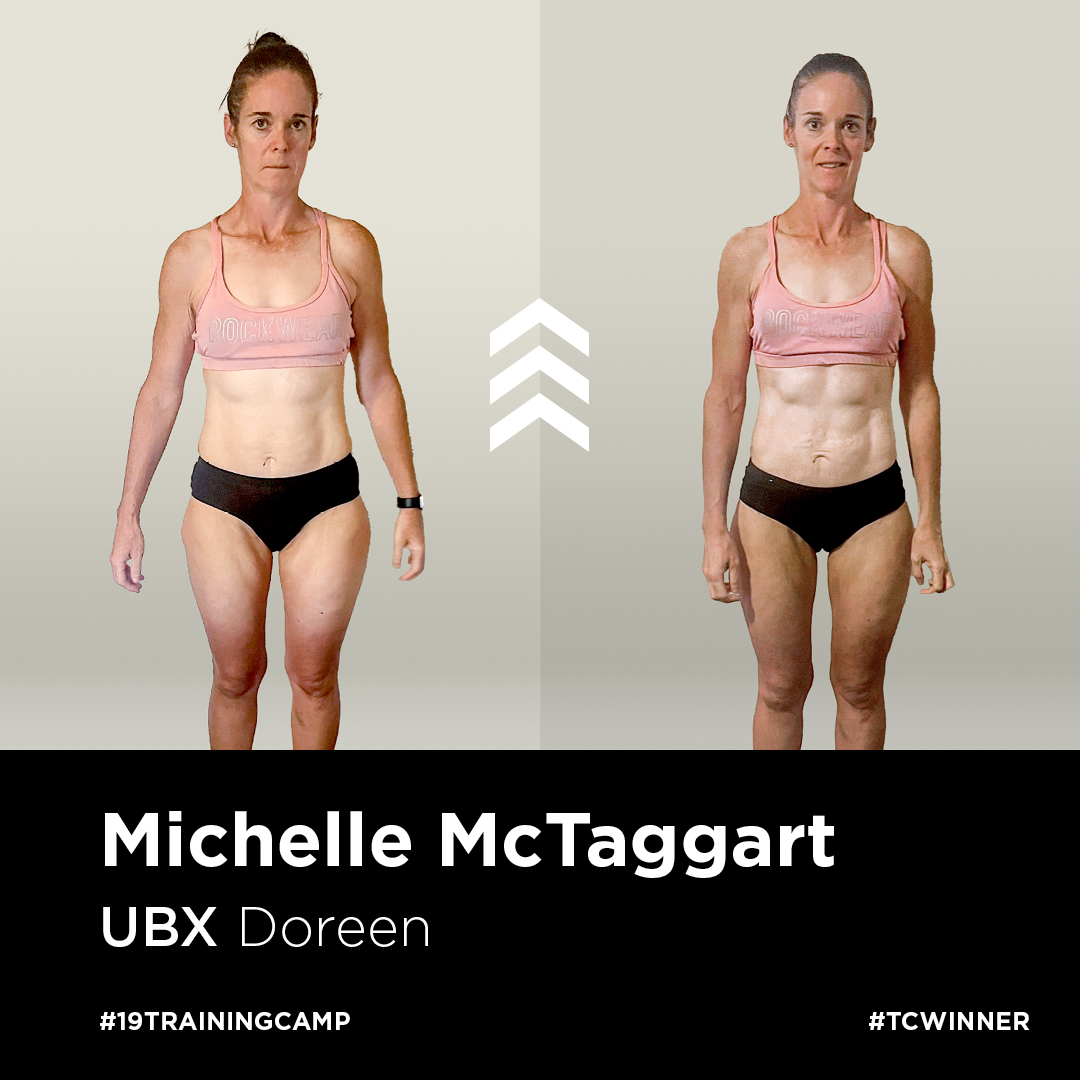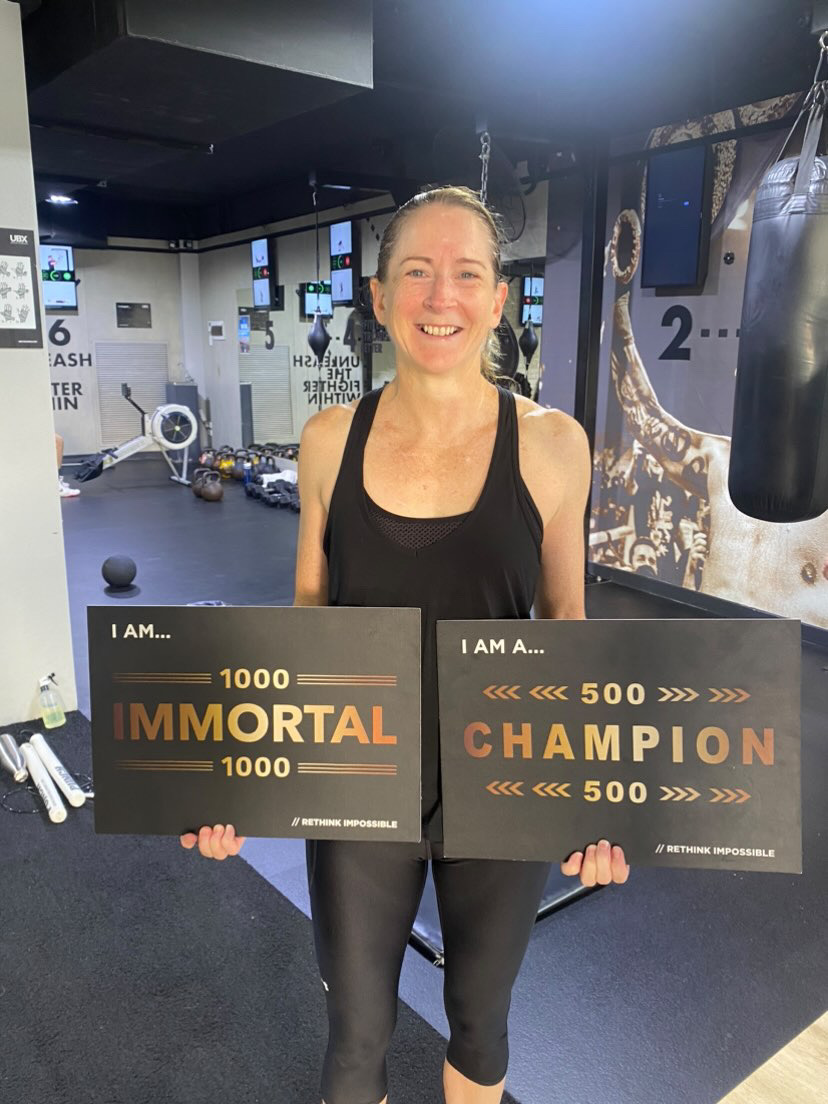If you are joining us for Training Camp, here are some tips that will help you throughout the challenge to adjust your meal plan to suit your needs and boost your progress and results.
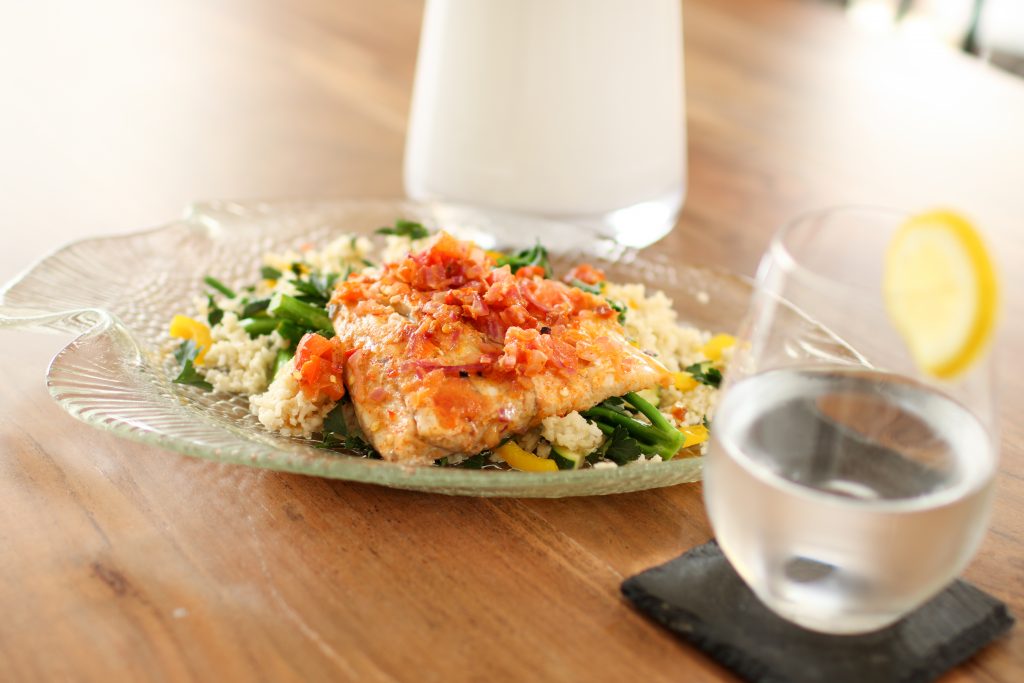
Simplify Your Meal Plan
The Training Camp meal plans provide easy to make recipes from all of the essential food groups to ensure that we are hitting all of your nutritional and micronutrient needs.
To further simplify the meal plan we recommend repeating Monday to Wednesday’s recipes or Friday to Sunday’s recipes twice throughout the week. This allows you to reduce costs through bulk-buying ingredients and optimise your prep time.
Alternatively, you can use a ready-made meal service, such as My Muscle Chef.
Structure
The meal plan is structured to provide a well-balanced intake of nutrients to support the training throughout the Training Camp in accordance with the Training Phases.
The variety of food groups included is essential to support you with your body composition goals. Nutritional adequacy also ensures that you feel ‘fighting fit’ and have great energy, and is essential for maintaining our health long-term. Try not to swap snacks and meals around as this may lead to an inadequacy for that particular day.
The meal plan has been designed to fit in easily with your lifestyle. For example, dinner leftovers can be taken to work for lunch the following day. If you train in the afternoon then your dinner will act as your post-workout meal. If you train early in the morning then your breakfast will act as the post-workout meal. However, if these meals are more than one hour post workout and you are training intensely, then we recommend an additional protein shake post workout. If you require any further energy throughout the day, additional serves should come from lean meats, dairy, fruit and wholegrain groups.
Customing Your Meal Plan
The meal plan is flexible for your individual taste and dietary preferences without compromising your results. The most important factor is consistency with training and eating a wholefood diet. Try to keep the bigger picture in mind rather than worrying if you choose to eat strawberries over blueberries.
Many of the recipe ingredients can be substituted for vegan or vegetarian options by switching the protein to a plant-based source (see Page 24 for more info).
If you train intensely (five or more sessions per week) or you have a higher body weight/muscle mass, then you will need to increase your energy intake. Depending on your needs, 100-300 calories in addition to the meal plan may be required, and could be as simple as adding a post-workout shake, slightly larger portion sizes or an additional snack to your day.
Seasonal Produce
We have worked to ensure seasonal recipes – where something is unavailable substitute but keep calories in mind. e.g. Mandarin -> change to Orange Be mindful that your selection of brands for ingredients will change the calorie count. All of our calories noted in our Meal Plan are based off generic ingredients, so substitutions will vary. To do this, take a note on the packaging of your product, or use a food diary such as “My Fitness Pal” to compare.
Optimising Muscle Gain
If your goal is to increase your muscle mass, additional protein post-training will be beneficial to your muscle growth, whilst “sandwiching” your carbohydrates prior to, and after training will help to ensure you have adequate available energy to perform well in the gym and will help to replenish your stores post-training.
Minimising Alcohol + Sugary Drinks
From the moment alcohol enters the body, it becomes a priority to be broken down as the body recognises it as a foreign substance. Unlike carbohydrates and fats there is nowhere for the alcohol to be stored therefore it requires quick metabolism.
This process diminishes your body’s ability to continue burning the energy you’ve already consumed and have stored, whilst the alcohol contributes calories to your energy intake. Furthermore, alcoholic drinks can also lead to dehydration. Similarly, sugary drinks can be very high in calories, some nearly as high as an entire meal. We believe that food and drink should be enjoyed in moderation, however remember that an energy surplus may require additional activity to stay on top of your progress.
Commonly Asked Questions
What if I am hungry on this meal plan?
You can expect hunger pangs and potentially a mild headache during the first few days following the meal plan throughout the initial detox. Your body will adjust over the week. Aim to eat mindfully, your appetite will adjust, and begin to feel more satisfied as long as you continue to eat meals and snacks at regular intervals.
However, every individual is different and may require adjustments to their daily energy intake according to body composition or daily activity (see page 25 for more info).
What if I am constantly tired and lethargic on this meal plan?
This is a general meal plan that supports an active lifestyle with a goal of fat loss and lean muscle gain. However, if you are experiencing fatigue, you may need to consider adjusting your daily energy consumption (see page 25 for more info). Increased physical activity should be balanced out with adequate recovery to avoid burnout, whilst additional wholefood complex carbohydrate snacks may be required if you constantly feel fatigued.
Certain supplements are also available that can assist with recovery and rest, and therefore assist with energy levels. We recommend, True ZMA which consists of a combination of zinc, magnesium and vitamin B6 specifically designed to assist with muscle recovery, support immunity, enhance sleep and promote efficient energy metabolism.
What if I don’t like certain protein sources/am allergic to certain protein sources, can I use an alternative?
We understand that personal preference or intolerances plays a huge part in the enjoyment side of food. When you enjoy your nutrition, you will naturally be more compliant and consistent with healthy eating behaviours long-term.
The meal plan has been designed to allow you to substitute certain protein sources for an alternative choice if need be, depending on your needs. Read our blog on Energy and Calories
Should you chose to make adjustments to the Meal Plan, we recommend calculating your individual energy requirements to ensure you are maintaining a sufficient calorie intake for your training and progress.
Do I need to avoid gluten or lactose?
Unless you have an allergy or intolerance, you do not need to avoid gluten or lactose. If you suspect that you have an intolerance, seek personalised medical advice from your doctor or accredited dietitian. It’s important to rule out other rare, but serious, conditions where symptoms could be masked by self-administering a gluten or lactose free diet.
